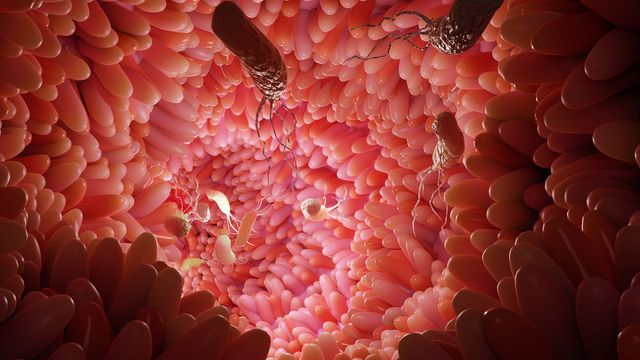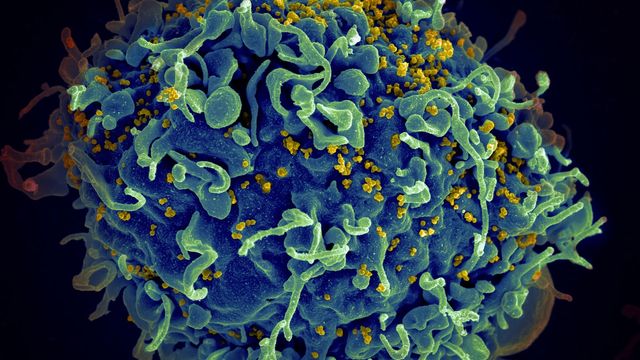Trending News
News

News
Genetic Evidence Suggests Humans Had Language 135,000 Years Ago
A genomic analysis suggests humans had the cognitive capacity for language at least 135,000 years ago, based on early population splits. Researchers examined genetic studies and migration patterns.

News
Maternal Health at Conception Shapes Offspring’s Aging Potential
Researchers at the University of Adelaide found that early embryo development affects telomere length, a key marker of aging and chronic disease risk. Maternal health at conception influences this process.
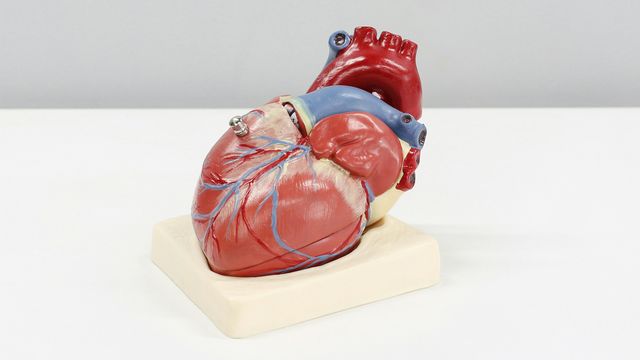
News
Researchers Uncover How the Heart Is Formed
Insights into the fundamental process of how the heart is formed offer new hope for treating heart disease. The findings focus on long, thin, channels of membranes – called Tunneling Nanotube-Like Structures - that connect cells together.
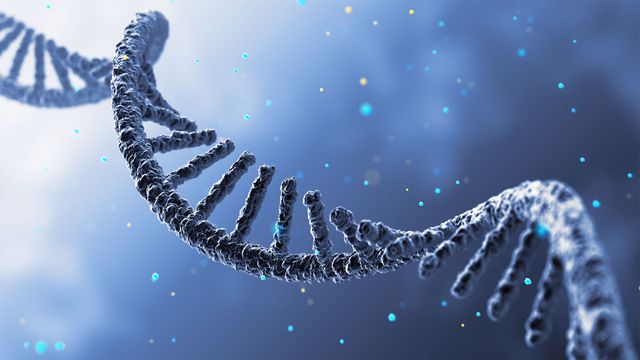
News
RNA Origami Technique Produces Synthetic Cytoskeletons
Researchers have succeeded in producing nanotubes that fold into cytoskeleton-like structures, using a new RNA origami technique.

News
Bioenergetic Age Could Be Key Indicator of Alzheimer’s Risk
A person’s “bioenergetic age”, or how youthfully their cells generate energy, might be a key indicator of whether they’re at risk of developing Alzheimer’s disease, new research from Weill Cornell Medicine shows.

News
Hibernation Turns Back the Cellular Aging Clock in Lemurs
The fat-tailed dwarf lemur can turn back the cellular aging clock during its annual hibernation season.
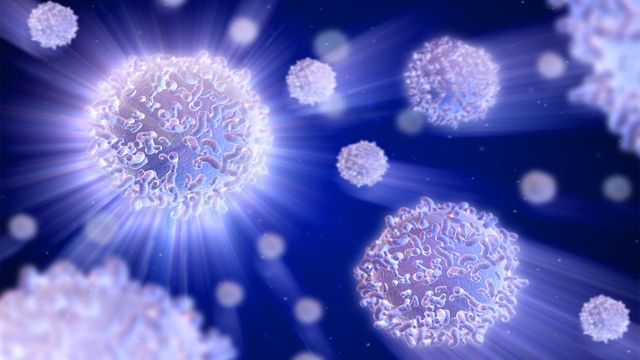
News
Cancer Immunotherapy Enhanced by Rewiring T-Cell Metabolism
Researchers from the VIB-KU Leuven Center for Cancer Biology, in collaboration with other scientists, have discovered a way to enhance the immune system's ability to fight cancer by reprogramming T-cell metabolism.

News
Gene Error Disrupts Touch-Based Learning
Research from The Herbert Wertheim UF Scripps Institute for Biomedical Innovation & Technology shows a gene called Syngap1 enables touch-based perception, while certain mutations can lead to mixed signals.
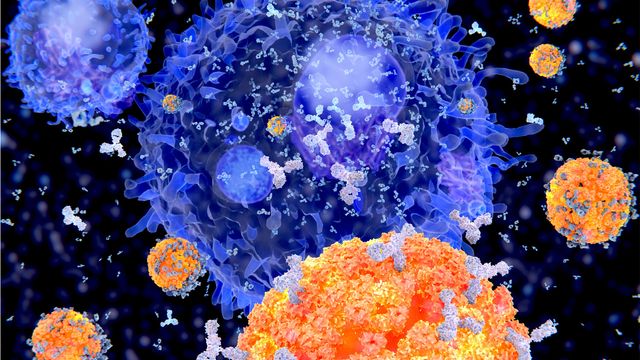
News
How Trypanosomes Alter Their Antigen Expression To Evade the Immune System
Antigenic variation is a key mechanism by which pathogens evade the immune system. New research has shown how trypanosomes change their antigen expression.
Advertisement


